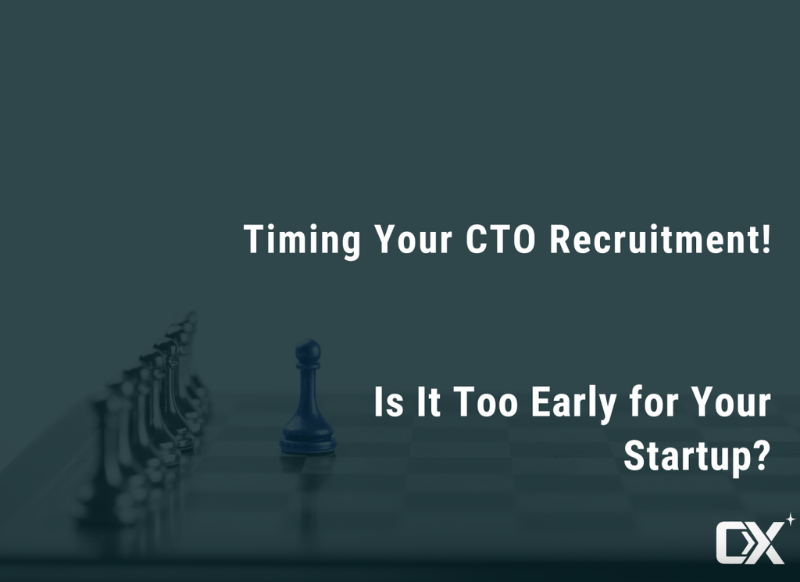Startup – probably one of the most discussed words of our current times, yet one of the least understood. While the meaning of the word ‘startup’ is already widely misconstrued, the Pop Culture narrative of startups in a glamorized avatar has further distorted the picture. Most people equate startups with twenty something entrepreneurs, co-working style and easy millions, which is only a quarter of the truth. There is a flip side to this story – about the trials and travails of the entrepreneurial journey. So, we thought why not separate the grain from the chaff – the truth from the fluff- and show you what exactly is a startup?
The most accepted definition of startups comes from Steve Blank, the pioneer of Lean Startup movement, who calls it a “scalable business model”. However, it means different things to different people; for example, Jan Koum, the co-founder of Whatsapp calls startups “a feeling”. Similarly, Adora Cheung, CEO of Homejoy, calls it “a state of mind”. So, whatever be the connotation of the word ‘startup’, in this blog, we will delve into a startup mind and try to and figure what it takes to survive in the startup ecosystem.
Small businesses are not startups
People often tend to use the words startup and small business interchangeably, which is factually incorrect. What separates the two business entities is their business model and the vision for future. A small business is a self-sustaining organization focused on generating revenues, operating within the tried-and-tested domain, and steering clear of any risk.
A startup, on the other hand, is an unchartered territory that is riddled with risks every step of the way. Its focus is on scalability – creating equity in a company envisioned to become publicly traded or acquired, generating a multi-million-dollar payoff in future. Therefore, it should suffice to say that the two business models are as disparate as the brains behind them. Both call for an entirely different mental makeup: one necessitates a play-safe mindset while the other relies on a startup mindset.
What is a startup mindset?
Now that we have established that startups and risk are synonymous with each other, let’s understand what is it about startupreneurs that they are so willing to embrace the risk, without getting daunted by the prospect of failure? While it is difficult to point out a single trait that dictates this mindset, the most palpable traits that are common to almost all startup founders are as follows:
- Inquisitiveness: a desire to understand why things happen the way they do.
- Courage: staying mentally strong on a rocky road calls for copious amounts of courage.
- Dissatisfaction with the status quo: at the core of an entrepreneur is the desire to build something the world hasn’t seen yet.
Are you cut out for startups?
In order to work in a startup, you need to have a startup mindset. So, if you are planning to take a plunge into the startup world, here is a question for you: Why do you want to join a startup? If you are considering joining a startup because of the lucrative employee equity packages, or because your career has reached a dead-end, or just because it’s an “in” thing, you should probably reconsider your decision. According to a report in Fortune magazine, nine out of ten startups fail. So, people who like stability and comfort zone should probably abstain from the startup scene. Joining a startup is an all hands on deck kind of lifestyle, so unless you are really looking forward to a steep learning curve and are mentally prepared to do the grunt work, startup might not work out be an optimal decision for you. You should consider the startup route only if you are driven by a higher cause and are looking for something bigger than money or prestige.
Big companies can be startups, too
While startup culture is often associated with wunderkinders having no resources except for an idea, it’s not always true. At the end of day, it’s not about the business model, but the vision. Big companies like Google keep innovation at the core of their initiatives and work with what they call startup innovation mindset. Employees are encouraged to give 20 percent of their working hours to Pet-Projects, during which they can work on their ideas and build products they desire.
A few other corporates such as Salesforce also follow this innovation ecosystem, which makes them stand out from their counterparts. Salesforce has solidified its reputation as an innovative corporate and has won Forbes “Most Innovative Company” award four times in a row. Marc Benioff, Salesforce CEO, knows the value of innovation and tries to propagate the startup mindset in each of his employees by giving them a free-hand in their projects.
Though the semantics beg to differ and the world won’t agree to these established corporates being called as startups, it is fair to assume that a startup is, all things considered, a state of mind. No doubt, the bulk and size of corporates puts them in an altogether different universe vis-à-vis the startups, but that doesn’t mean that they can’t be inventive and fast-paced like start-ups. They just need to figure out a way.



